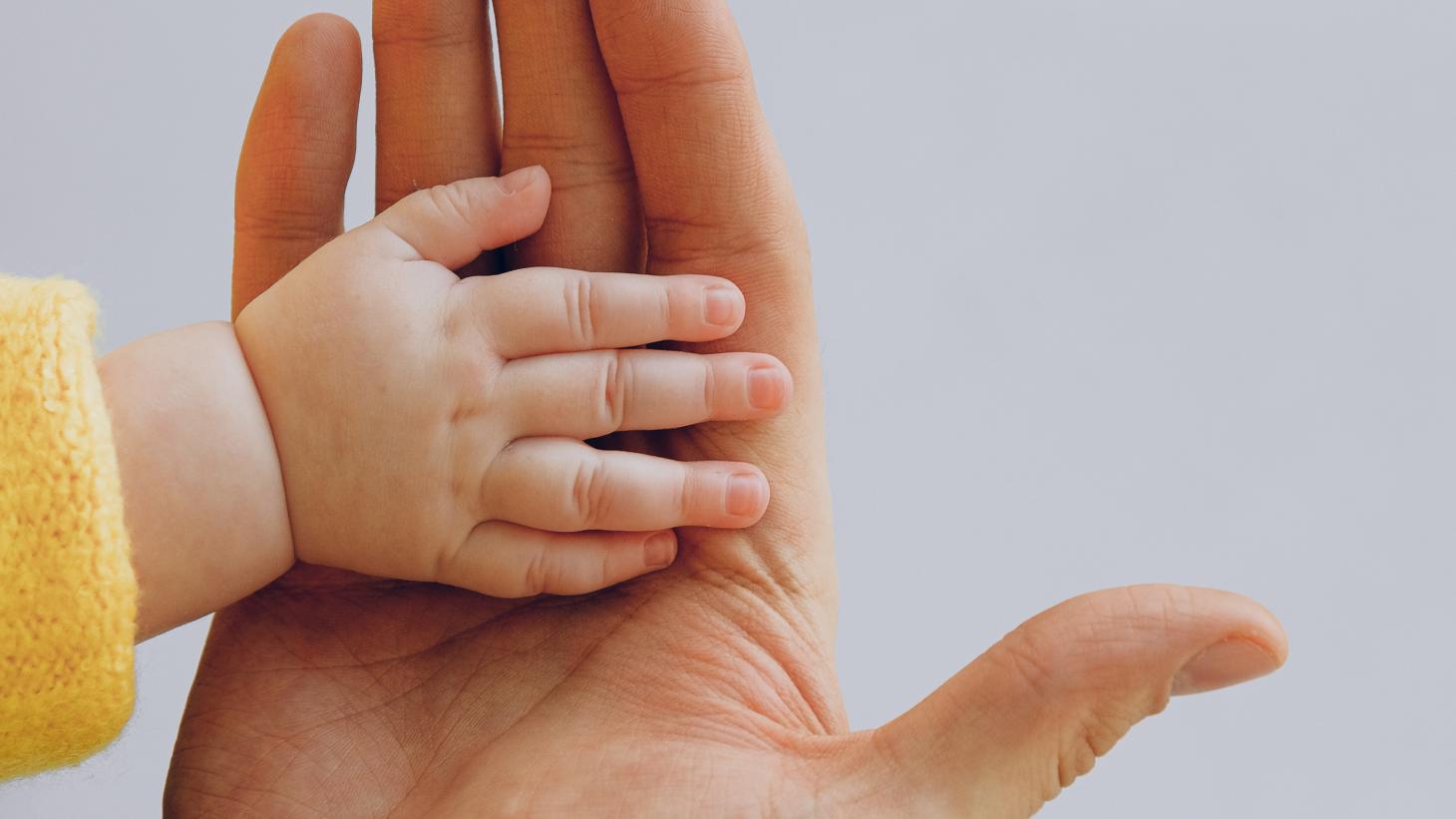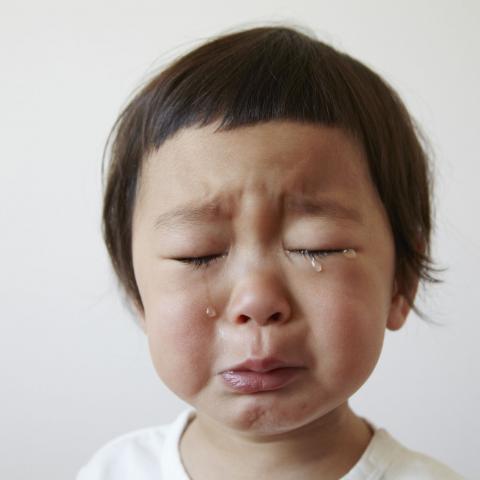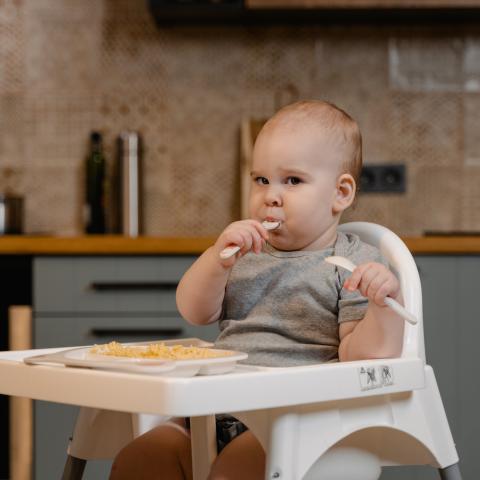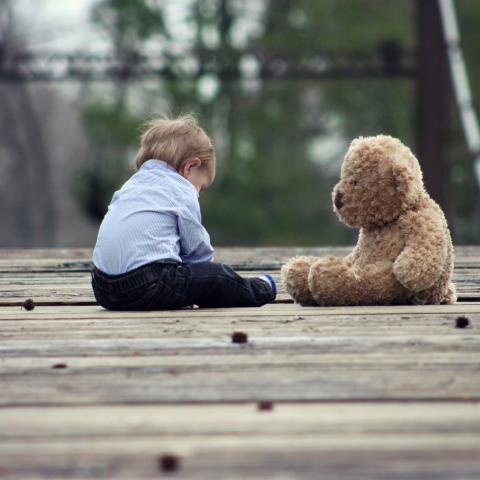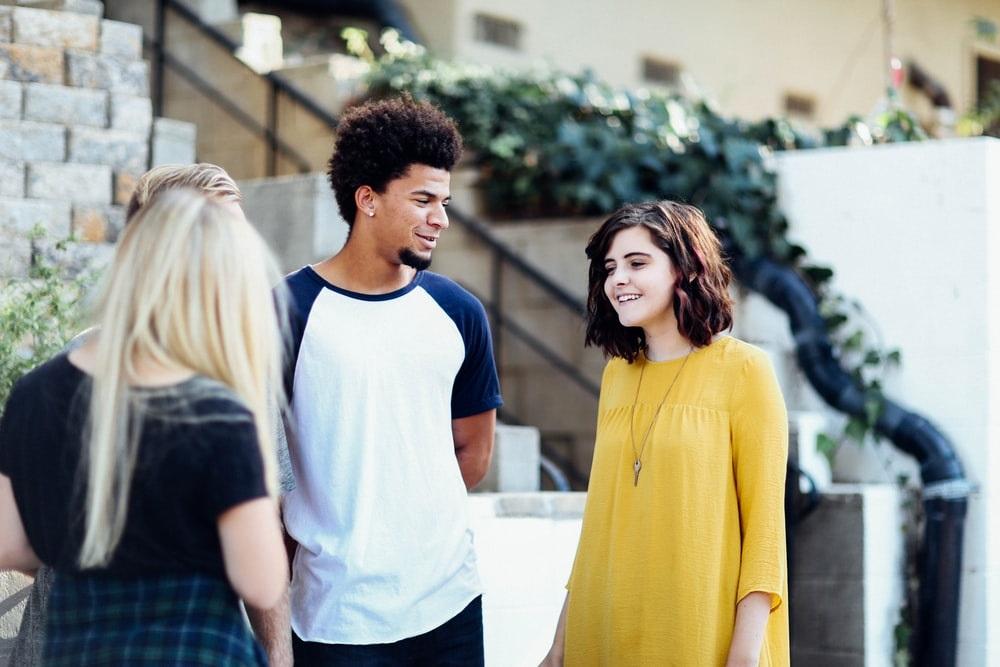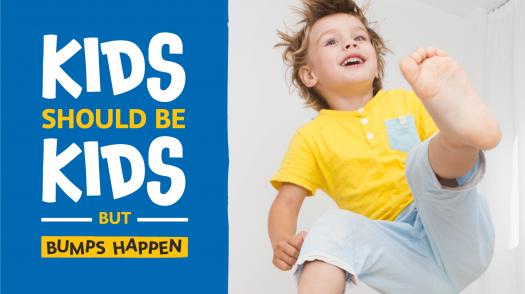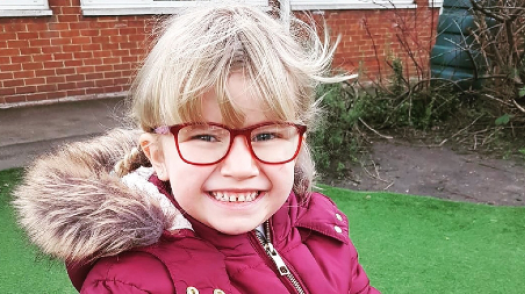If your baby or toddler has sustained a head injury and you think they may have a concussion, please contact your GP or 111 immediately, or in an emergency dial 999.
On this page:
What happens if there is another head injury?
A concussion can happen at any age. Accidents can happen and as babies and toddlers learn to crawl, walk, run and play a little more roughly with toys, it is quite common for them to have a few bumps to the head. Babies and toddlers are at an age where they don’t fully understand the concept of risk or danger.
When we hear the word concussion, sports injuries may come to mind. However, concussion can result from many kinds of accidents.
Common causes in babies and toddlers include:
• falls from beds
• bumping into something or being hit by something
• being dropped from a carer’s arms.
It can be more difficult to spot signs of concussion in babies and younger children as they may not be able to tell you how they feel.
I just turned around to get a nappy and some wipes and when I turned back my baby was slipping off the bed. It happened so quickly, in slow motion, but I couldn’t do anything. Although he soon settled, I took him to A&E just to make sure. He was absolutely fine but I spent the rest of the day paranoid and inspecting him for injury."

